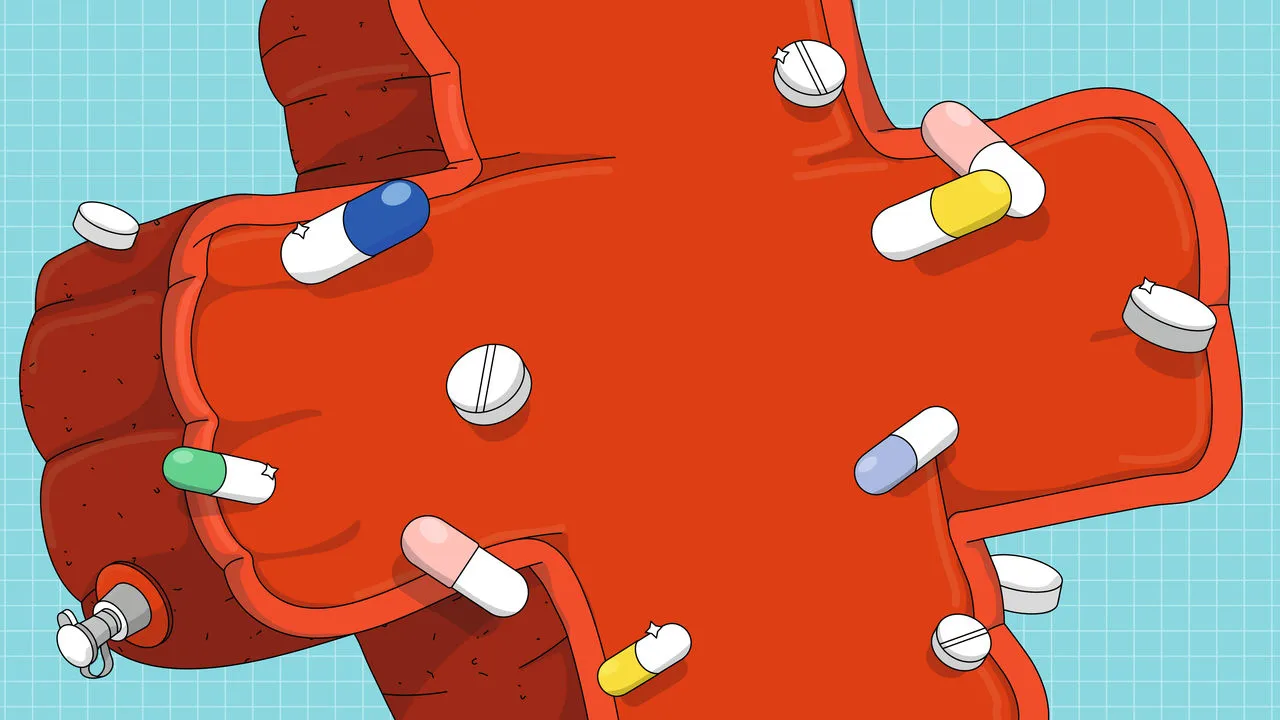When was the last time you saw your dentist? While there’s no hard-and-fast rule about how often adults should go, the American Dental Association (ADA) recommends that we keep up with routine cleanings and dental examinations, with the frequency of these checkups usually depending on how well we keep up with our dental hygiene at home.
“The standard recommendation for most people is to go every six months for a checkup and cleaning,” says Sara Gordon, DDS, MS, professor of oral medicine at the University of Washington School of Dentistry. “If someone is in otherwise good oral and systemic health, dentists might recommend going every year. But that’s the minority.”
More than 100 million Americans don’t make it for their routine cleaning and exam each year. One of the most common reasons for that is anxiety. Some people have actual phobias of the dentist. Others are nervous about the cascade effect of potential dental issues, especially if they haven’t been to the dentist in a while.
“I find that most patients avoid the dentist out of fear that they may have cavities they will need to treat, or fear that they will be uncomfortable during their checkup,” says Heather Kunen, DDS, MS, an orthodontist and co-founder of Beam Street, a New York City–based walk-in dental clinic.
Ifyou’ve ever brought your car in for an oil change, only for the mechanic to find an early sign of another issue, you know how valuable keeping up with your maintenance routine can be. The same is true in dental care. Dentists are trained to watch for subtle signs of potential issues in areas of the mouth you can’t see. And when you’re feeling a symptom like a toothache, it’s often too late, since some degree of damage has already been done.
“In medicine, we have the concept of signs and symptoms — signs are what you and your provider see, and symptoms are what you feel. If I see a sign of something, it’s before the patient feels the negative effects and develops symptoms,” says Matt Messina, DDS, assistant professor at the Ohio State University College of Dentistry and clinic director at Ohio State Upper Arlington Dentistry.
For example, if you go to the dentist regularly, your dentist can keep an eye on cavities forming and prescribe fluoride toothpaste to slow their progression or fill them before they need a crown — a form of tooth repair Gordon says can cost thousands of dollars, compared to a few hundred dollars for a filling.
There’s also a medical risk: In some cases, untreated cavities can lead to an abscess, a pus-filled mouth infection that can result in other, more serious systemic infections in the body.
“By the time someone has gum disease issues like swelling, discomfort, or loose teeth, they may have lost bone around those teeth. These things could have been spotted by a routine exam.”
Lack of regular professional cleanings can also increase the risk of plaque buildup, which in turn can increase the risk for tooth decay. “Even the best brushers and flossers will still develop some tartar, which is when plaque sits on your teeth and calcifies, providing a rough surface for bacteria to attach to like a coral reef,” Messina says.
Periodontal disease, or gum disease, is another major issue people face when they don’t go to the dentist often enough. “Gum disease is really the silent killer of teeth,” Messina says. “By the time someone has gum disease issues like swelling, discomfort, or loose teeth, they may have lost bone around those teeth. These things could have been spotted by a routine exam.”
Beyond issues of the teeth and gums, skipping dental visits can also affect overall health. It’s easy to separate oral well-being from general health, because medical insurance doesn’t usually cover dental care. But Gordon says the mouth requires as much regular care as, say, your heart or lungs.
“The mouth is part of the body, and what affects one of those affects both, in both directions,” Gordon says. “If you have an unhealthy mouth, it will affect the body, and vice versa. It’s all just inescapably the same.”
Generally, what’s good for the mouth is good for the entire body. If you have a soda or smoking habit that’s affecting your teeth or gums, a dentist can intervene and recommend lifestyle changes that benefit your overall health.
Skipping out on the dentist can also mean missing the first signs of chronic, systemic conditions, like high blood pressure. McNamana says some dentists take their patients’ blood pressure at routine visits and will flag any concerns so the patients can follow up with their primary care doctors.
Given the mouth’s role as a “gateway” to systemic health (and the other way around), today’s dentists are being trained more comprehensively to watch for warnings of more serious diseases, like oral cancer, or other conditions that cause symptoms in the mouth. For example, a dentist might be the first person to detect diabetes, which commonly causes oral symptoms like mouth sores, gum inflammation and gum disease, and poor healing of tissues in the mouth.
Inflammatory bowel disease is another disease dentists can catch in its early stages, Gordon says. Since the oral cavity is at the top of the gastrointestinal tract, some patients experience ulcers in their mouths, which are sometimes detectable before ulcers in the intestines.
“Dental schools are training dentists to be primary care providers for oral health, to take a more active role in watching out for patients’ systemic health,” Gordon says. “Dentistry has changed a lot since the 1950s, when people just got fillings and took care of periodontal diseases. Our students spend the first two years taking the same courses a medical student takes.”
Since cost is another commonly reported barrier to medical access in general, you might think you’re saving money by skipping out on the dentist. If your teeth aren’t bothering you, it may not be easy to justify spending money on them — especially if you don’t have dental insurance. But McManama says skipping routine dental visits because you want to save money can often lead to more spending on dental procedures later on. Think of preventative dental care like routine oil changes on a vehicle.
As for concerns about a dentist’s judgment or reprimands? You can probably expect the opposite attitude. “We know things happen, and people get out of the rhythm of going, but we can’t help you until you come in,” Messina says. “We’re just happy you’re back. We always rejoice when the prodigal patient returns.”




